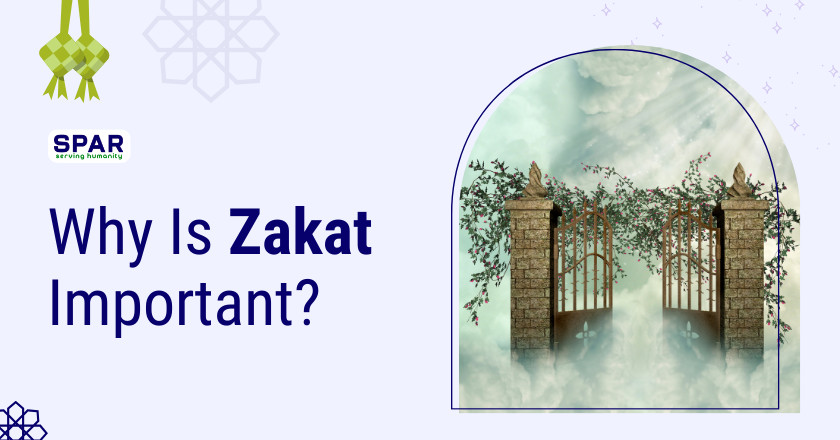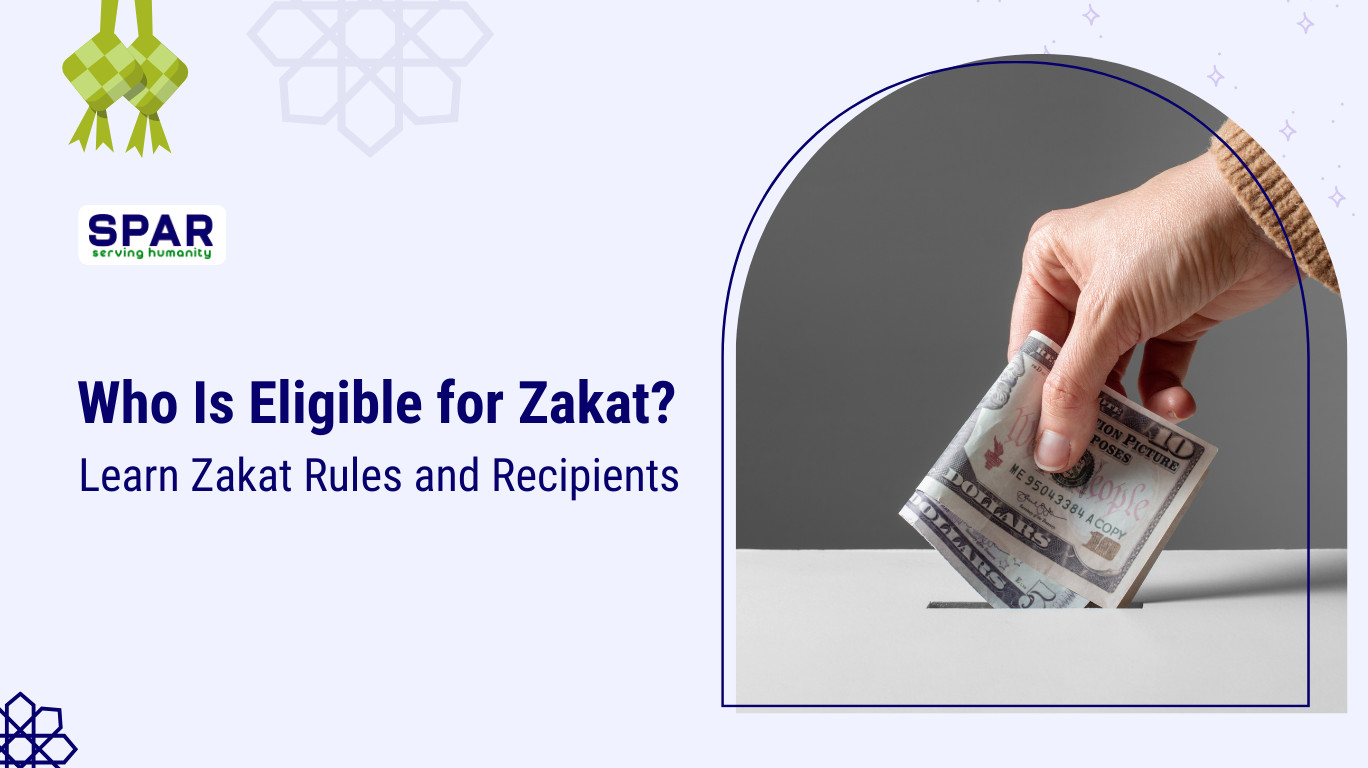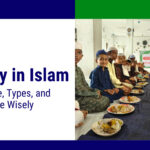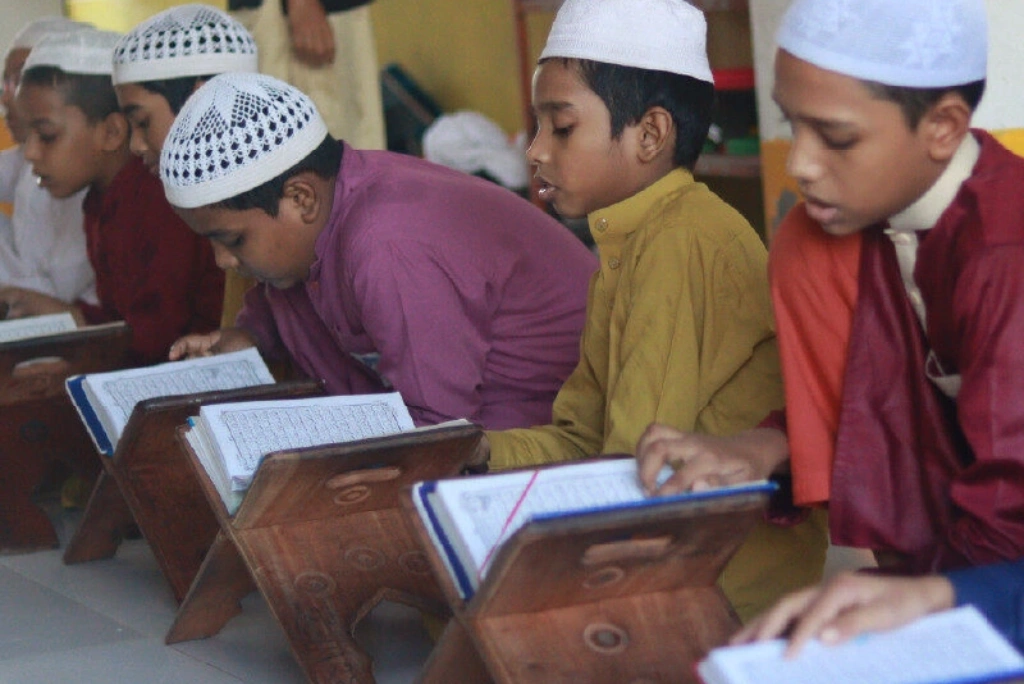Who Is Eligible for Zakat? A Simple Guide for Muslims
Zakat is one of the Five Pillars of Islam and carries immense significance. However, many people wonder, “who is eligible for Zakat?” It’s an obligatory charity that purifies wealth and assists others precisely in need.
Zakat is mentioned directly in the Quran, where Allah describes eight types of people entitled to receive it. These groups help channel Zakat to the individuals and causes that need it and deserve it the most.
This guide will explain who qualifies for Zakat, why they qualify, and how Zakat helps all parties. It will also discuss several misconceptions so that you have a better understanding of the rules of Zakat.
What Is Zakat?
Zakat is an obligatory act mandated by religion itself; it all depends on the financial situation of Muslims. This means donating 2.5% of one’s wealth annually to assist others. The term zakat means purification and growth. Zakat purifies their wealth and builds empathy among Muslims.
Who Can Receive Zakat?
Surah At-Tawbah (9:60) of the Quran specifies eight types of people entitled to receive Zakat.
| Category | Description |
| The Poor (Fuqara) | Some people struggle to meet their basic needs. |
| The Needy (Masakin) | People are living in conditions worse than those of the poor. |
| Zakat Workers | Those who gather and disperse Zakat are involved. |
| New Muslims | Converts require assistance to fortify their faith. |
| Captives or Slaves | There are individuals trapped in situations of bondage or modern slavery. |
| Debtors | Debts overwhelm those they cannot repay. |
| For Allah’s Cause | The community benefits from efforts such as education. |
| Travelers in Need | Stranded people are unable to continue their journey. |
Let’s explore these groups in detail.
- The Poor (Fuqara)
The poor are those who lack food, clothes, or shelter. They could have a little income but not earn enough to pay their basic requirements. Thus, Zakat gives them the opportunity to live a more stable life.
For example, a poor single mother struggling to meet the minimum wage can benefit from Zakat for her children.
- The Needy (Masakin)
The impoverished find themselves in a precarious situation, while the needy face even greater challenges. They lack basic necessities and are frequently starving or homeless. With the blessings of Zakat, they can continue to earn their lives back.
For instance, people affected by natural disasters, war, or other crises of this type would be considered needy.
- Zakat Workers
People who entail a share of Zakat are entitled to it, such as those who collect, administer, and restore Zakat. This ensures that they can continue their important work.
For example, the Salary of an administrator of a Zakat organisation whose work is to ensure fair distribution
- New Muslims
New Muslims face economic and social problems. Through Zakat, they can integrate and adapt to their new faith and community of believers.
For instance, a convert who embraces Islam and loses family support might need Zakat for living expenses or education.
- Captives and Slaves
In the past, people used zakat to free slaves. It transforms lives now, offering a solution to those in bondage today—through human trafficking or forced labour.
For instance, an organisation that rescues human trafficking victims might use Zakat to provide rehabilitation services.
- Debtors (Al-Gharimin)
All the people in debt whose repayment is more demanding cannot pay back—which Zakat pays for. This support helps them avoid getting into deeper financial trouble.
For example, a small entrepreneur in debt from a natural disaster can use Zakat to bounce back.
- Fi Sabilillah
Then there are activities that are directly related to Muslims and Islam as a religion. This may include constructing mosques, financing education, or providing humanitarian aid.
For example, Zakat may support a scholarship program in Islamic studies or aid relief efforts after disasters
- Those stuck in a travel (Ibn Al-Sabil)
A traveler in need who has lost his money and relatives or property can get Zakat. This allows for them to move forward with their travels or return home.
For instance, a traveler marooned by natural disasters may use it to purchase basic needs or a ticket back home.

Why Is Zakat Important?
It is not simply that you need to pay zakat money. It is a system designed to:
- Reduce poverty.
- Strengthen social bonds.
- Encourage justice by spreading out the money.
- Pure the giver from his wealth and soul.
How to Distribute Zakat
- Start Locally
Look for those who qualify in your own community first. This fosters connections within your community by helping neighbors, as well as local families.
- Use Trusted Organizations
Give Zakat via trusted organizations. Thus they get it to you, who require most
- Prioritize Urgent Needs
Target those that are suffering right now: the impoverished, the indigent, or in debt.
Common Misconceptions About Zakat
1. Can Zakat Be Given to Non-Muslims?
Zakat generally caters to Muslims. However, in cases of extreme need, it may support non-Muslims, particularly under the category of reconciliation.
2. Can I Give Zakat to Family Members?
Immediate family members such as parents, children, or spouses cannot receive Zakat. However, distant relatives can receive Zakat if they are eligible.
3. Is Zakat Only Financial?
While Zakat typically involves money, it can also fund projects that benefit the community, like building wells or supporting schools.
The Role of Zakat in Society
- Zakat is bound to have a broader effect:
- It alleviates poverty and uplifts the standard of living.
- It helps to build empathy and togetherness among people.
- It closes the gap between the upper and lower classes.
- And it opens rooms for free learning and empowerment.
Table: Differences Between the Poor and Needy
| Category | Definition | Examples |
| The Poor | Have some income but need help to meet basic needs. | A daily wage earner struggles to meet all expenses. |
| The Needy | Face extreme hardship and lack essentials like food/shelter. | There are homeless individuals or disaster victims who need help. |
How Zakat Purifies Wealth
Giving Zakat removes greed and selfishness from the giver’s heart. It teaches gratitude and generosity. The Quran emphasises:
“Take from their wealth a charity by which you purify them.” (Quran 9:103)
Final Thoughts: who is eligible for Zakat?
Knowledge regarding who has the right to receive Zakat allows for appropriate distribution among deserving groups. Zakat is not just a financial obligation; it is a means to assist the less fortunate, cleanse and purify wealth, and strengthen society’s equilibrium.
Ensuring that Zakat is given to individuals and the community through the Quran and Sunnah. However, let us try to give genuinely and wisely to complete this great pillar of Islam.
Who can receive Zakat?
The poor, needy, debtors, travelers, and more, as outlined in the Quran.
Can I give Zakat to family members?
Immediate family members are not eligible, but distant relatives may qualify.
What is the Zakat percentage of wealth?
Muslims give 2.5% of their surplus wealth annually
Can Zakat pay off someone’s debt?
Yes, Zakat can help individuals overwhelmed by debts they cannot repay.
Is Zakat only for Muslims?
Zakat is primarily for Muslims but can support non-Muslims in rare cases.
Can Zakat fund community projects?
Under “Fi Sabilillah,” Zakat can support projects like building schools or mosques.
Who are Zakat workers?
They collect and distribute Zakat and can receive a portion for their efforts.




 Secure
donation
Secure
donation